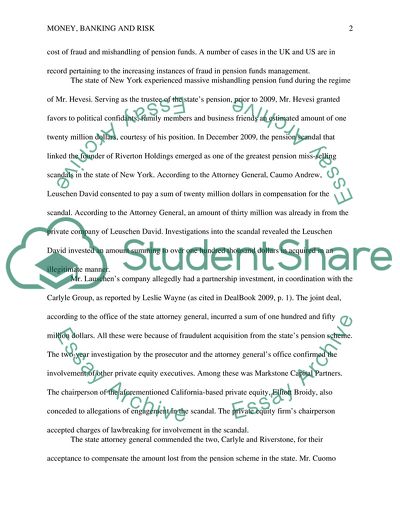Cite this document
(Money, Banking & Risk Essay Example | Topics and Well Written Essays - 2500 words, n.d.)
Money, Banking & Risk Essay Example | Topics and Well Written Essays - 2500 words. https://studentshare.org/finance-accounting/1797588-money-banking-risk
Money, Banking & Risk Essay Example | Topics and Well Written Essays - 2500 words. https://studentshare.org/finance-accounting/1797588-money-banking-risk
(Money, Banking & Risk Essay Example | Topics and Well Written Essays - 2500 Words)
Money, Banking & Risk Essay Example | Topics and Well Written Essays - 2500 Words. https://studentshare.org/finance-accounting/1797588-money-banking-risk.
Money, Banking & Risk Essay Example | Topics and Well Written Essays - 2500 Words. https://studentshare.org/finance-accounting/1797588-money-banking-risk.
“Money, Banking & Risk Essay Example | Topics and Well Written Essays - 2500 Words”. https://studentshare.org/finance-accounting/1797588-money-banking-risk.


